Metal Detecting Laws And Regs In The USA
-
Similar Content
-
- 20 replies
- 1,743 views
-
- 13 replies
- 2,229 views
-
- 16 replies
- 2,212 views
-
- 28 replies
- 4,207 views
-
- 22 replies
- 13,538 views
-
Would You Try Opening A Gold Mine In California? 1 2 3
By mn90403,
- mining claims
- rules regulations permits
- (and 1 more)
- 27 replies
- 5,500 views
-
-


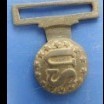

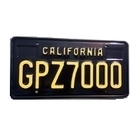
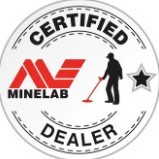

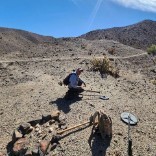
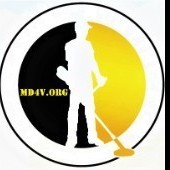
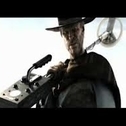

Recommended Posts
Create an account or sign in to comment
You need to be a member in order to leave a comment
Create an account
Sign up for a new account in our community. It's easy!
Register a new accountSign in
Already have an account? Sign in here.
Sign In Now